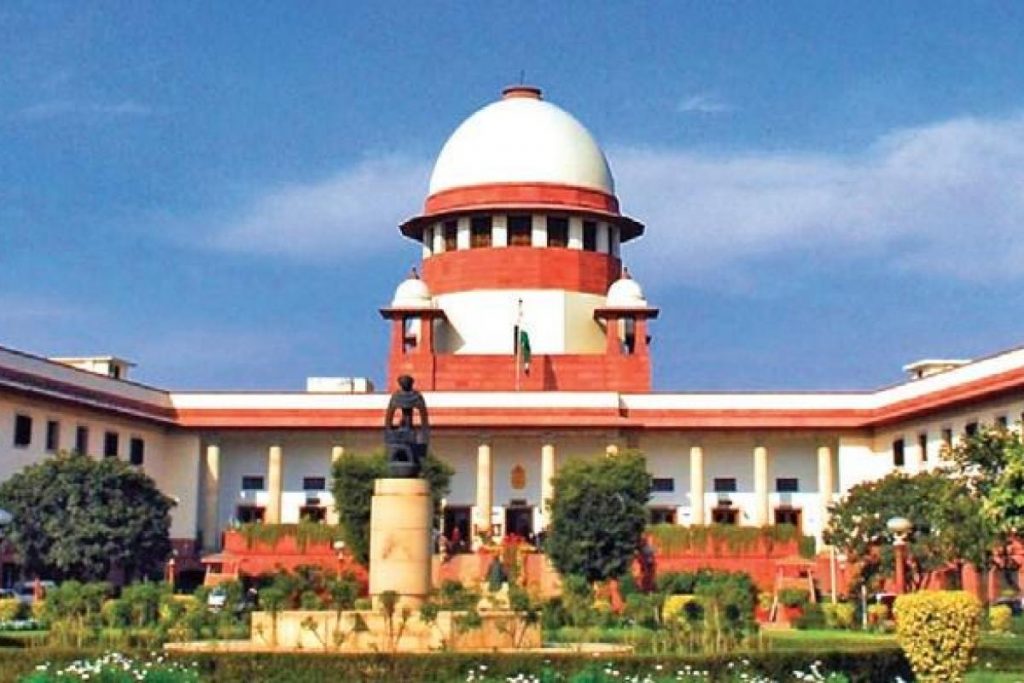The Aryavarth Express
Agency (New Delhi): In response to a case involving the bail of a police constable implicated in a custodial death, the Supreme Court underscores the importance of a more stringent approach. Justices Aniruddha Bose and Sanjay Kumar emphasize the serious nature of such offenses and the potential influence wielded by police officials.
The court asserts that while bail decisions typically follow certain criteria, custodial death cases demand heightened scrutiny due to the gravity of the allegations and the position of the accused as law enforcement officers. Recognizing the significant power dynamics at play, the court invalidates the bail granted to the constable, stressing the need for caution and accountability in the justice system.
The deceased individual was apprehended in connection with a robbery case and subsequently died while in custody, implicating 19 police officials. Despite being charged under Section 302 of the Indian Penal Code, the constable was granted bail within a relatively short period, prompting the Supreme Court to intervene.
The bench directs the constable to surrender before the CBI court within four weeks, highlighting the serious nature of the offense and the need for proper consideration in bail decisions. The court’s decision reflects a commitment to upholding justice and ensuring accountability, particularly in cases involving law enforcement personnel accused of misconduct.
The Supreme Court’s ruling serves as a reminder of the importance of transparency and accountability in the justice system, particularly when addressing cases of custodial deaths. It underscores the need for a balanced approach that prioritizes the rights of victims and maintains public trust in the legal process.
